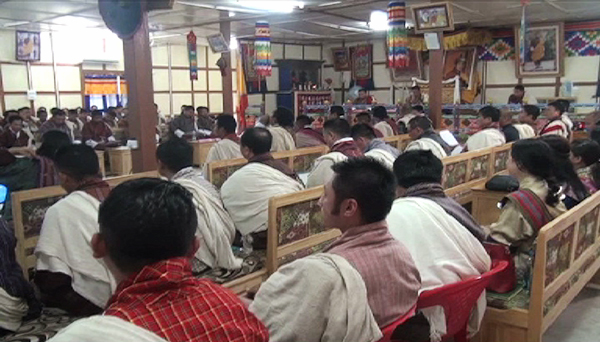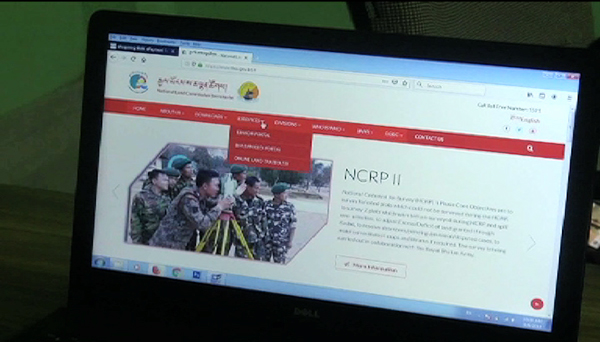 The local leaders of Sarpang are worried that the online land tax payment system introduced earlier this year might lead to more fallow lands and human-wildlife conflict in the district. They said the online system will hamper the initiative put in place to discourage the practice of leaving lands untended.
The local leaders of Sarpang are worried that the online land tax payment system introduced earlier this year might lead to more fallow lands and human-wildlife conflict in the district. They said the online system will hamper the initiative put in place to discourage the practice of leaving lands untended.
Since 2016, a few gewog administrations and Gelegphu thromde made it compulsory for landowners to obtain a land clearance certificate before paying the annual land tax. The concerned tshogpa would issue the certificate once thram holders cleared their lands of undergrowths and thickets.
During the recent Dzongkhag Tshogdu, the local leaders said the move was to curb the growing number of uncultivated lands and human-wildlife conflicts in the district. It was also to ensure timely payment of land tax.
 However, now, with the online payment system, it will be difficult for the gewog administrations to monitor untended plots.
However, now, with the online payment system, it will be difficult for the gewog administrations to monitor untended plots.
“When lands are left fallow, it affects the permanent residents in the locality. They are not able to grow crops peacefully. Wild animals such as elephants reside in the bushes of the uncultivated lands and constantly keep attacking the fields,” Ugyen Wangchuk, the Gelegphu Gup, said.
“The online payment system was initiated for the benefit of the public. But for those working in the gewog administrations such as gups and gaydrungs, it will be inconvenient while preparing annual tax payment report. The thram holders will deposit the land tax online into our official account and it will be difficult tracking the deposits. Moreover, it is not just the land tax that we keep in the account. We have other taxes as well in the same account,” Lekey Wangchuk, the Chhuzanggang Mangmi, said.
The district land record officer said the National Land Commission came up with the system mainly to save time and cost. It is also to help improve the administration and management of the overall land tax system in the country.
“The system was introduced because local leaders were facing a difficult time collecting land tax. It is also for the convenience of the thram holders. For example, if a thram holder is from Sarpang but lives in Phuentsholing, he or she will not have to spend on travelling till Sarpang just to pay the land tax,” Wangdi, the Land Record Officer, said.
The Dzongkhag Tshogdu decided to forward the matter to the Land Commission.
Karma Wangdi








